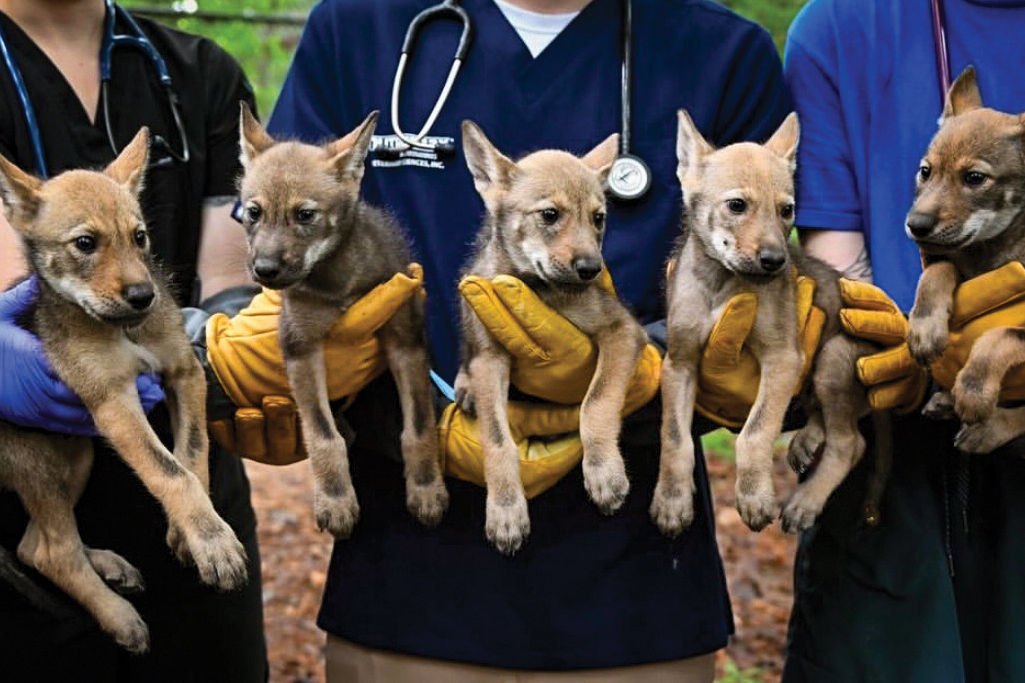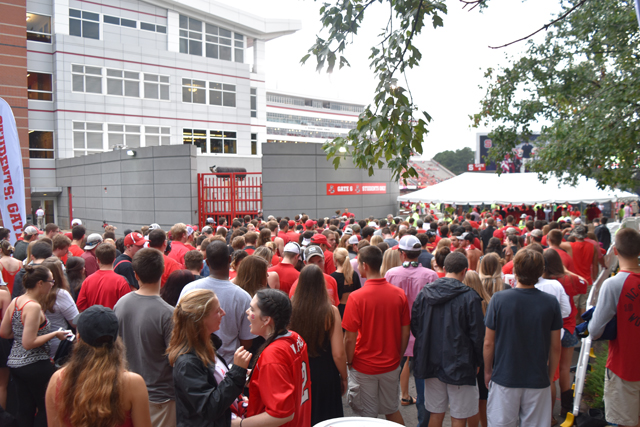The forecasted cold weather set to come through the Triangle at the end of this week and through the weekend is odd, but not a new occurrence.
After a week of highs in the high 80s and low 90s, temperatures are forecasted to drop to highs near 60 degrees at the end of the week. On the heels of one of the hottest summers on record, the chilly rain that is forecasted to accompany low temperatures will be a big change, according to Gary Lackmann , associate professor of marine, earth and atmospheric sciences.
Forecasts for weather events such as the one forecasted for this weekend are generally tricky, though, Lackmann said.
“The tricky part of the forecast is: will it rain? How much will it rain?” Lackmann said.
Computer models have been conflicting.
“The computer models are giving a mixed bag of answers. The big question mark in my mind is will we have a high of low 60s on Friday, or we will have a high of maybe 70 and a break in the clouds and maybe some sunshine,” Lackmann said.
North Carolina’s Appalachian Mountains will play a large role in keeping cold, clouds and rain in the forecast. The weather will originate in the North.
“If you have a high pressure system to your North, then the mountains act to channel that cold air from the North, and it blows toward that lower pressure. It banks up against the mountains in the process. That helps to lock in the colder air more than if the mountains didn’t exist,” Lackmann said.
State climatologist Ryan Boyles explained the cold air/hot air phenomenon.
“What happens is cold, dry air is more dense than warm moist air. So, this cold, dry air is going to be associated with a high-pressure system over New England. The air around a high-pressure system flows clockwise. That cold, dry air is going to get trapped on the eastern side of the Appalachian Mountains,” Boyles said.
The timeframe of the system is also up in the air, according to Boyles .
“In conjunction with this, we often get a low-pressure system with storms that forms along our coast. That’s going to bring us a cold drizzle for several days,” Boyles said.
Were it Winter, the front set to hit North Carolina – and Virginia – would produce drastically different results.
“If this type of event were in January, we would see snow and freezing rain,” Boyles said.




